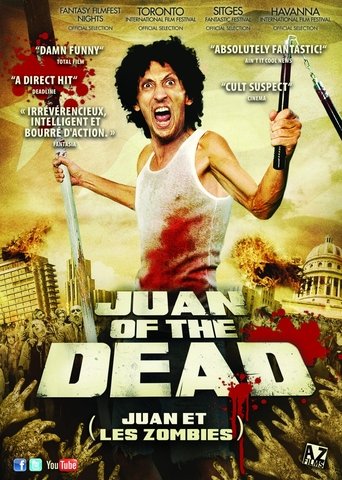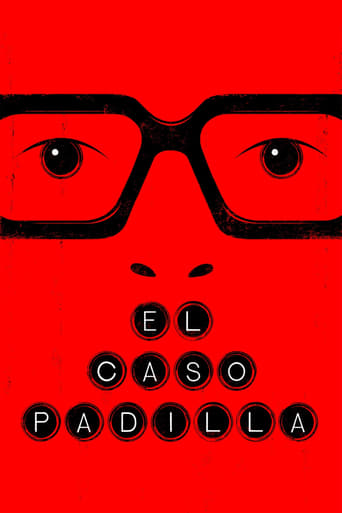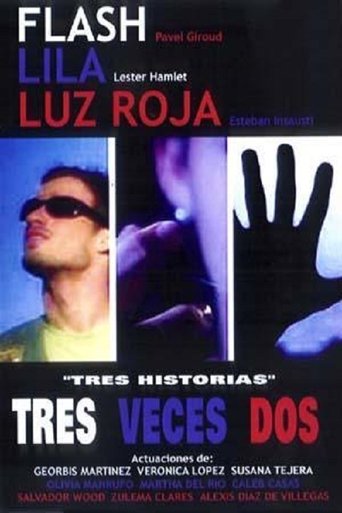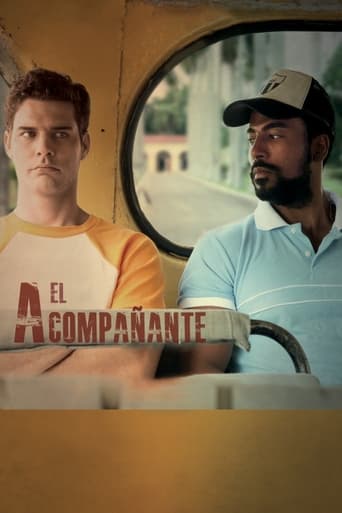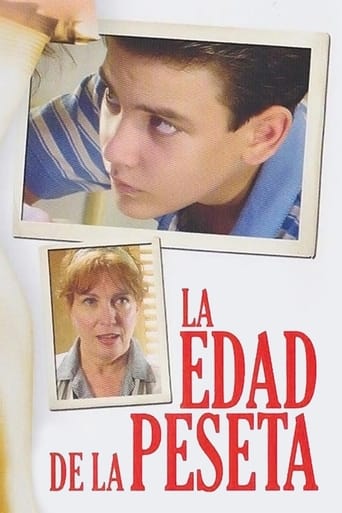Juan of the Dead
Oct 14, 2011Tandis que La Havane est prise d’assaut par une armée de zombies assoiffés de chair humaine, les médias officiels laissent entendre au monde entier que ce désordre est le fait d’un groupe de dissidents politiques soutenus par le gouvernement américain. La ville est prise de panique jusqu’au moment où Juan vient à la rescousse. Il a en effet découvert qu’il pouvait tuer les morts vivants en réduisant leurs cerveaux en bouillie, et il décide donc de monter sa propre affaire sous le slogan : « Nous tuons vos « chairs » et tendres ! ». Juan parvient ainsi à se faire un peu d’argent de poche en dézinguant les morts vivants.
Horror
